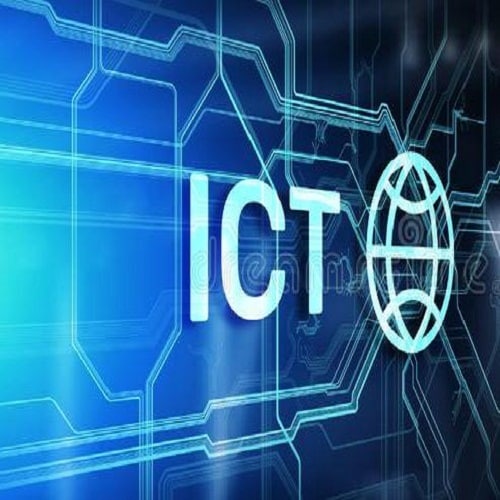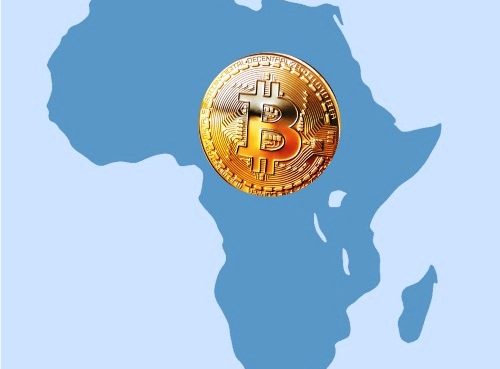The Federal Government has rolled out some programmes designed to transform the country into digital economy. This ambitious target may remain wishful thinking if the dearth of information communication technology (ICT) infrastructure is not addressed.
The world is moving fast on the super highway of technology. The speed is such that no nation should expect that other would wait for it. Trend such as Artificial Intelligence (AI), and internet of Things (IoT) are making inroads. For these trends to have firm ground in the country, stakeholders have stressed the need for robust infrastructure.
The Chairman, Association of Licensed Telecoms Operators of Nigeria (ALTON), Gbenga Adebayo, said though the country is not doing so badly in the areas of infrastructure, there is the need for more capacity. He said the bandwidth on the shores that cannot be taken to the hinterland because of infrastructure is enormous. According to Adebayo, it is cheaper to buy bandwidth outside the country because of infrastructure. He urged the government to do more in granting approval to right of way (RoW) and protection of existing ones.
He said availability of fibre optic cables would make services cheaper and end user experience delightful.
The Nigerian Communications Commission (NCC), however, said it will continue to promote the expansion of robust broadband/ICT infrastructure across the country for the rapid development of the digital economy.
Its Chief Executive Officer (CEO), Prof. Umar Garba Danbatta, in a presentation entitled:”Communication Technology for Service Delivery in Health, Education, Tourism, the Creative Industry and Agriculture” delivered during the first virtual and sixth Information Communications Technology and Telecommunications Conference and Exhibition (ICTEL) EXPO 2020, said the Commission achieved and surpassed the 30 per cent broadband penetration target in 2018.
He said through various policy initiatives, broadband penetration has further increased to 42.02 per cent as of July, noting that this has laid a solid foundation to drive the national efforts at achieving the new 70 per cent broadband penetration target set in the Nigeria National Broadband Plan (NNBP) 2020-2025.
Represented by the Director, Consumer Affairs Bureau (CAB) at NCC, Efosa Idehen, the CEO said in line with this commitment, the Commission has commenced the review of the framework for engaging infrastructure companies to cascade fibre optic deployment to the hinterlands of Nigeria to ensure pervasive access to broadband services in the country.
He said with the support of the Federal Government, through the Federal Ministry of Communications and Digital Economy, NCC is resolving the perennial problem of high cost of RoW with the support of the Nigerian Governors Forum (NGF) to hasten ICT infrastructure that would enable socio-economic activities across various sectors.
Danbatta said as the world is becoming digitised; there will be no sector or facet of human life where ICT will not be required for optimal service delivery and improved conditions of living for the citizens.
On the health sector, Danbatta said ICT is playing a very important role in the manner health services are now delivered, adding that the new Internet speed and low latency of 5G technology are expected to further enhance the possibilities of telemedicine and remote surgery.
He said the educational sector has also soared on the wings of ICT, as there has been a surge in online learning in many institutions around the globe due to the raging COVID-19 pandemic, illustrating the symbiotic relationship between ICT and educational sectors.
Danbatta said: “The relationship between ICT and the educational sector has been mutually beneficial. He assured the stakeholders that the advent of Artificial Intelligence (AI) is expected to enhance the capabilities of the educational sector even further.”
According to him, the agricultural sector has also benefitted from ICT, as several agro-based apps have been designed to ensure that stakeholders in the sector are able to provide and improve on essential agro-services. These developments have helped to boost food production and security, just as a lot of digitisation is also holding sway in the creative industry, enhancing its growth thereby enabling job creation and greater contribution to the Gross Domestic product (GDP).
Source: The nation










